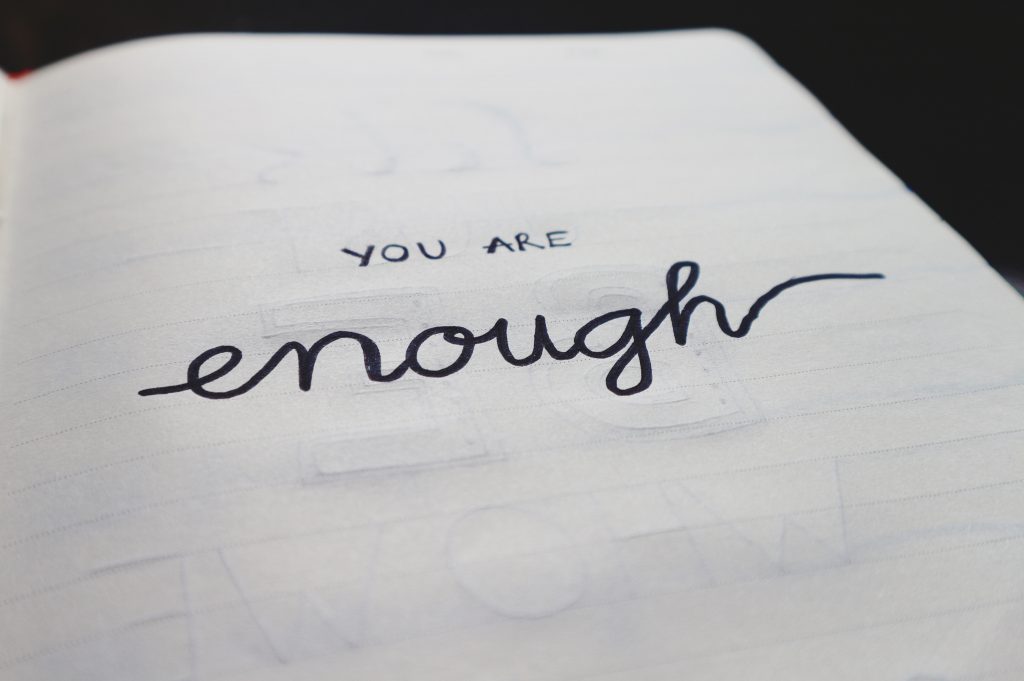Writing My Writing
This week’s reading assignment for our 6300 Understanding Writing as a Process course was comprised of sections from the book Bad Ideas About Writing by Cheryl E. Ball and Drew M. Loewe. We were to read the Introduction and Chapter 2 titled “Bad Ideas About Who Good Writers Are” of the publication. I focused on “The More Writing Process, the Better” by Jimmy Butts from Chapter 2. His argument on writing as a process is in direct contrast to what has been discussed in class so far this term.
Butts claims a writing process model consisting of “…pre-writing, drafting editing, revising…publishing…” has been valued to the degree that focusing on a finished product has been devalued: “It was a valuing of the human as a writer, but it began—I suspect—to devalue the written work (Ball and Loewe 109-110).” As more of Butts’ position relative to process vs product is exposed, his frustration becomes evident. “For better and worse, we value getting things done. Doing stuff. Making stuff. With words, in our particular case. When we make written work, we fall in line with other productive professions: farmers, smiths, tailors, cobblers, artisans. Writing was analogous to building for the Romans. In this view, writing is construction, but thinking about writing is never arriving at what we might create. Our trade is sentences—complete ones generally. Perhaps we fear finishing drafts because we’re afraid they will fail. We writers might nail Nike’s maxim to our walls: Just do it (Ball and Loewe 113).” Frustration is named in the book’s introduction as a foundation for the project of publicizing the effort to name bad ideas and suggest better ones: “The project has its genesis in frustration… (Ball and Loewe 2).” I view Butts’ contribution to Bad Ideas in the light of his own anxiety over writers’ unfinished works. We have focused on aiming at completion in our class discussions of understanding writing as a process. We have not adopted the notion of revising to the point of never finishing a work.
While I understand Butts’ stance about delay in getting the writing published, his own words testify against him by demonstrating how process is fundamental to completing a work. He wrote: “Everyone has a writing process…We often do various steps of the writing process while we write, of course – just not necessarily in the prescriptive order outlined in this archaic structure (Ball and Loewe 109).” As much as Butts decries “writing as a process, not a product” in his argument, I’m reminded of a statement I favor from the article titled “Responding to Student Writing” by Nancy Sommers. “The problem here is a confusion of process and product; what one has to say about the process is different from what one has to say about the product (Sommers 154).” Unlike Butts, I say there’s room at the top for both process and product. I perceive that understanding the writing process greatly impacts completion of quality work.
Butts’ argument speaks to a “process formula” being a false construction in writing a perfect draft. Yet he presents concepts and findings that challenge his own viewpoint of a process formula being represented. Again, his own words: The Council of Writing Program Administrators, an organization that thinks about how writing works especially on college campuses, claims that one of the primary outcomes in learning to become a writer is to understand writing as a process. The council states this goal in this way: “Writers use multiple strategies, or composing processes, to conceptualize, develop, and finalize projects.” To their credit, the objective is stated in a loose way to accept multiple approaches to writing and flexibility and recursivity in the processes that we develop as writers (Ball and Loewe 111).” No one formula has been presented or accepted as the means to an end in our class. At least I haven’t seen one in place. It is impressed upon us that each writer has a unique writing process. I argue that understanding writing as a process is not a formulaic approach to writing nor does it constitute delaying the finished product.

Ball, Cheryl E., and Drew M. Loewe, Bad Ideas About Writing, West Virginia U, 2017. Web. 07 Oct. 2018. <https://textbooks.lib.wvu.edu/badideas/badideasaboutwriting-book.pdf>.
Sommers, Nancy. “Responding to Student Writing.” College Composition and Communication 31.2 (1982): 148-156. Print.

Hey Arlene,
I don’t think you could have picked a better quote from the text. That really says it.
“For better and worse, we value getting things done. Doing stuff. Making stuff. With words, in our particular case. When we make written work, we fall in line with other productive professions: farmers, smiths, tailors, cobblers, artisans. Writing was analogous to building for the Romans. In this view, writing is construction, but thinking about writing is never arriving at what we might create. Our trade is sentences—complete ones generally. Perhaps we fear finishing drafts because we’re afraid they will fail. We writers might nail Nike’s maxim to our walls: Just do it (Ball and Loewe 113).”
I like your counter to Butts’ hints of cynicism. There is a lot more to be said on process (more so than product) in the grand scheme. I liked that you brought Sommers into the conversation. I do agree with Butts that there is no perfect formula (or even a decidedly effective one) for the writing process. A lot more needs to be said in terms of how ongoing development in independent compositions and incomplete works and hold a certain value that is still redeemable in the form of continued and developed process. Great choice of topic, Arlene!
Brian
God do I relate to this.
My work gets stuck in development hell. I know it’s not finished, but I just can’t bring myself to finish it. I’m scared working on it anymore will screw it up. So I leave it until I feel I can come at it objectively, or get it out of my head. But then the stories pile up, and I never get back to them, or if I do I think “This is great!” Then I submit it somewhere and get rejected. Back to square one.
I think many writers are scared of letting their work be “done.” When the work is done, you can’t fix it anymore. This child you’ve built from top to bottom is now just out in the world for people to rip up, and if it’s not perfect–if it’s not what you believed it could be–you’ve failed utterly and everyone will hate you, especially your mother.
I think we put too much weight on something being “done,” and it gets us in the writing process cycle of despair. Stage 1: My work is awful. Stage 2: I know how to fix it! Stage 3: But now I messed it up. Stage 4: My work is awful.
It’s endless. Sometimes I want to just write something first sentence to last sentence and submit it without ever risking process hell. But we have to accept that revision can improve our work, even if it turns into some monster we didn’t expect that will stalk our midnight halls and feed our dreams unhealthy trans-fats.
Sharing is caring the say, and you’ve done a fantastic job in sharing your knowledge on your blog. It would be great if you check out my page, too, at Article Star about Addiction Rehabilitation.